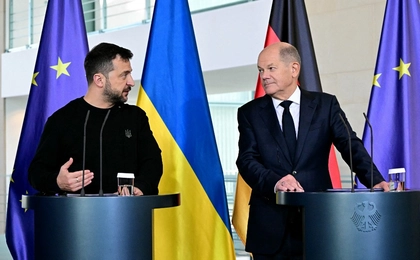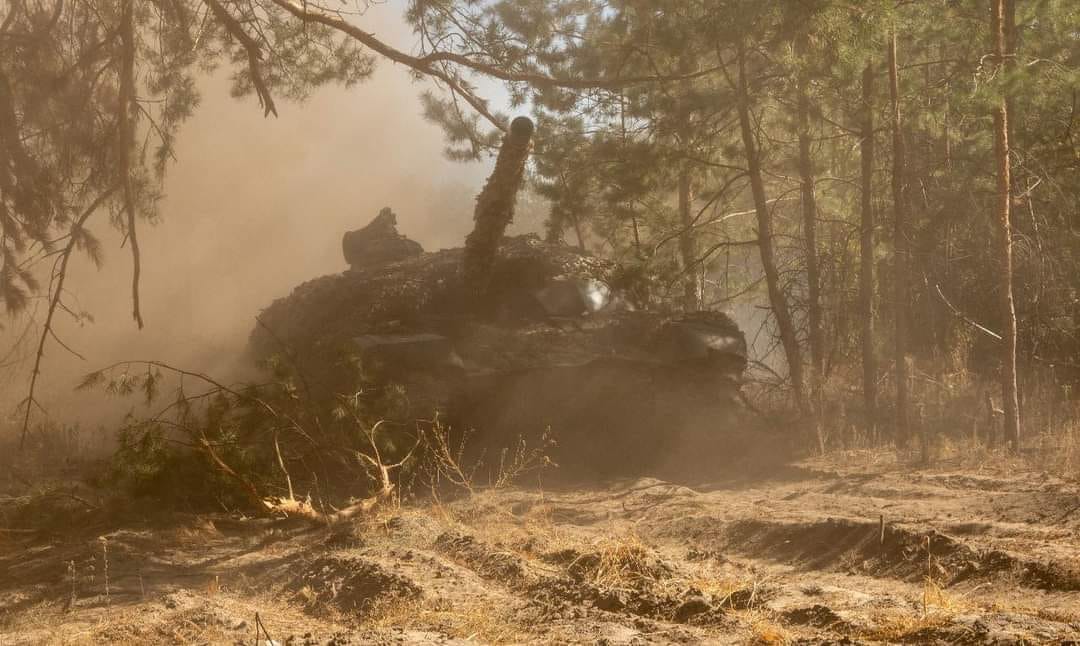In mid-September, Kyiv Post reported on the investigation carried out by the InformNapalm open-source intelligence (OSINT) site into the way that Kazakh defense contractors were using two French avionics companies to help Russia bypass Western imposed sanctions.
The investigation found that the Kazakh-based Analyst Research Consulting (ARC) Group and Aviaremont Plant No. 405 were working with Russian defense contractors to service mission critical aviation equipment originating from France through the Thales and Safran Groups to keep Russian Su-30SM fighter aircraft flying.
JOIN US ON TELEGRAM
Follow our coverage of the war on the @Kyivpost_official.
The two French companies have responded to the allegations in completely different ways.
Thales issued a statement confirming it was taking action to ensure compliance with international sanctions against Russia. It said: “No [Thales] equipment has been supplied to Aviaremont Plant No. 405 in Kazakhstan,” adding that it had carried out training for Kazakh technical staff whilst denying providing spare parts or repair services. The statement said that Thales was in the process of suspending contracts with the Kazakh entities and exploring ways to legally terminate its agreements with the plant.
The military issues website Defence Blog cited analysts who said that Thales’ record of compliance with international sanctions against Russia since the 2014 illegal annexation of Crimea had been good and said that its swift response to the InformNapalm evidence showed “a high level of responsibility.”

Zelensky Says War in Ukraine Will End ‘Sooner’ with Trump in Office
The situation with Safran, however, is less encouraging.
When challenged about the InformNapalm findings, Safran claimed it had complied with all the requirements of Western sanctions and had instituted export control procedures aligned to its international responsibilities. Asked about what measures it had taken to prevent the resale of its avionics equipment to Russia through Kazakh intermediaries, its answers were vague.
A Safran spokesperson declined to discuss the company’s business in Kazakhstan. When questioned about the company’s links with the ARC Group, which claimed to be Safran’s exclusive distributor in Kazakhstan and Kyrgyzstan, the spokesperson said: “We do not wish to provide details regarding our dealings with specific countries or companies.”
It is interesting to note that within a week of the September accusations being published, the ARC Group website was taken offline along with the listings of its partnership with Safran.
The World Military News website also discussed the contrasting responses of the two French avionics companies. It said that while Thales had taken immediate action that showed creditable management of the situation, Safran’s failure to make a clear response or answer questions about its involvement in Kazakhstan raised questions about its attitude to sanctions with Russia.
As Russia continues its war in Ukraine, its fleet of around 130 Su-30SM fighters are a crucial component of the Russian Air Force and associated operations. If it is unable to maintain its systems, these aircraft would rapidly become non-operational or, as the InformNapalm report stated: “Without this equipment, Russian pilots would be flying blind.”
The situation relating to avionics and other technical support obtained by Russia using third parties is an ongoing challenge. It highlights the need to constantly monitor the enforcement of sanctions which are critical to cutting off military support that enables Russia’s war of aggression to succeed.
You can also highlight the text and press Ctrl + Enter






